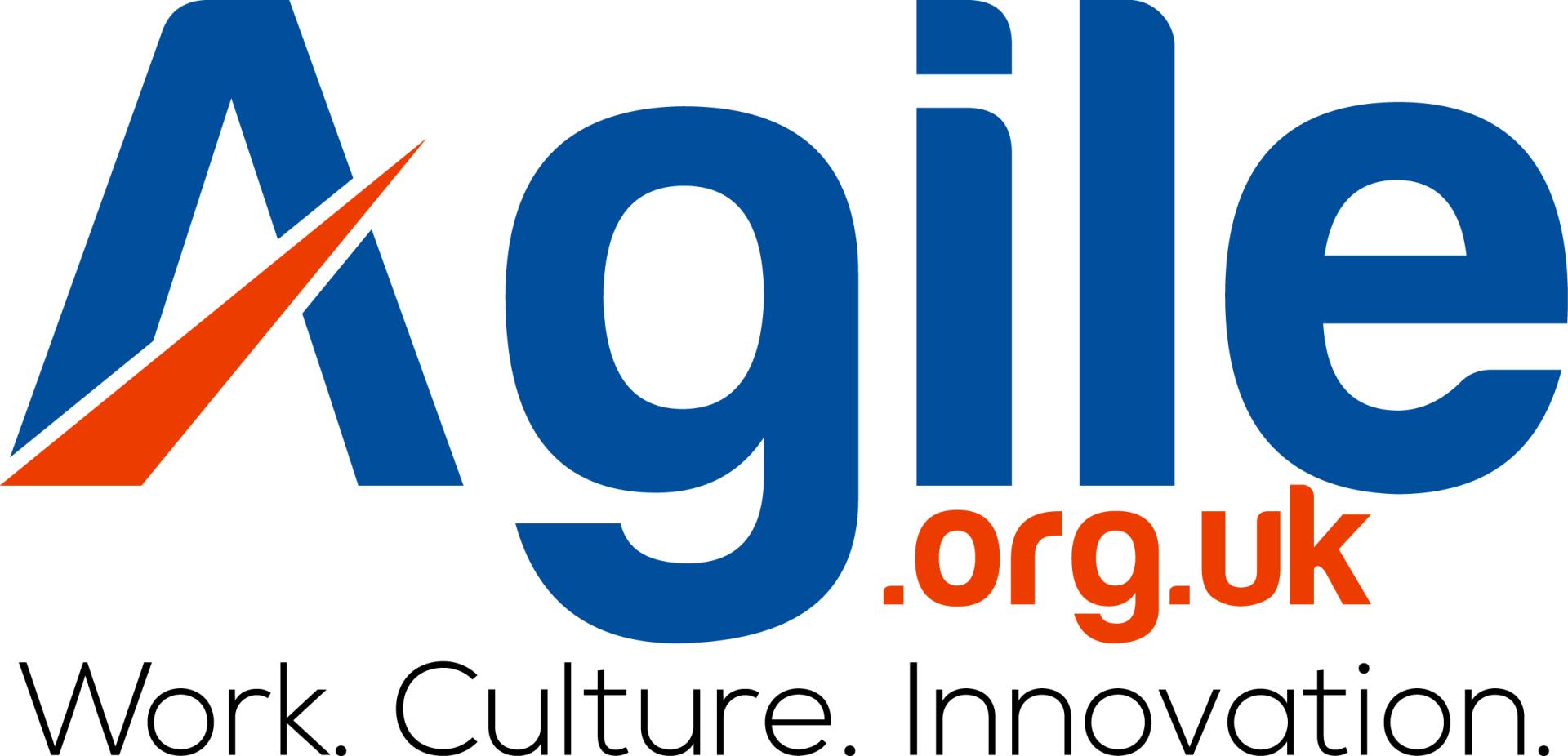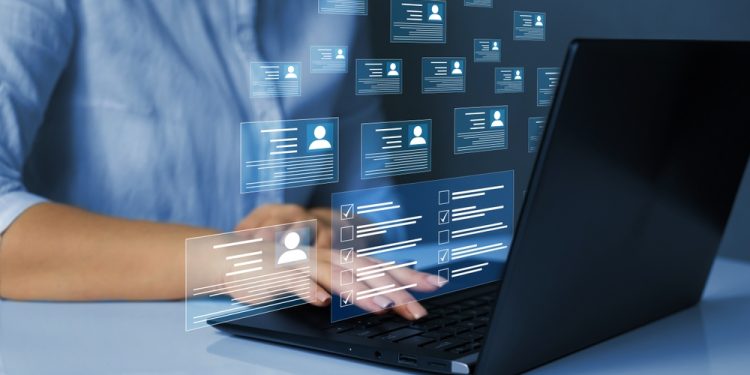Customer data is an important part of every business, helping to improve services, retain a loyal customer base, and reach new audiences. But protecting this data is as important as how you use it.
That’s because hackers are willing to use this sensitive information in cyberattacks. Businesses that suffer data breaches stand to lose all the trust they’ve worked hard to build and incur hefty regulatory fines.
This article will explore the best tools and techniques your business can use to store customer data. We’ll also share practical advice on upskilling staff and ensuring you’re prepared to safeguard your customer’s data.
Ways to Secure Customer Data
New threats that threaten the security of businesses worldwide are emerging every day. It can be challenging to stay on top of the latest developments and what new technologies you need to research and invest in.
Below is a selection of the best cybersecurity tools, tips, and techniques to store sensitive customer data.
Tokenization
Tokenization is one of the most valuable ways of protecting customer data, especially for e-commerce businesses that handle financial information.
It replaces sensitive elements of a person’s information, e.g., bank account details, with a random data string known as a token. In the event of a data breach, only tokens are stored, thus limiting potential damage from a breach.
The use of tokens has lots of other benefits besides data protection. It improves efficiency and compliance with regulators and allows you to set up various e-commerce functions, like recurring payments and digital wallets.
Intrusion Detection System (IDS)
An IDS system monitors and analyzes traffic across your network and alerts you whenever it discovers unusual activity. It uses signatures of known cyberattacks to uncover suspicious activity and will warn and record these events for you. An IDS will not act on its own.
An intrusion prevention system (IPS) is similar to an IDS, but rather than record and alert you, it will automatically stop all traffic if it detects unusual activity. While this can provide real-time protection of your customer data against cyberattacks, it can disrupt your regular business if a false positive is triggered.
Virtual Private Network (VPN)
What is a VPN? A VPN is a versatile cybersecurity tool that offers you peace of mind when using the internet. It encrypts your connection, making it impossible for hackers to track or intercept data you send and receive.
Moreover, many VPN providers offer static IP addresses that, once whitelisted, allow you to access sensitive systems and work on and analyze customer data remotely without compromising security. This is particularly beneficial when working with enterprise platforms like SAP, which handle extensive customer and operational data. Ensuring secure remote access to SAP solutions helps maintain business continuity, supports hybrid work models, and protects critical information from external threats.
Finally, VPNs often offer a variety of cybersecurity features like ad-blocking and flagging malicious URLs before you click on them. This prevents your devices from being infected with malicious malware, which could jeopardize customer data.
Cybersecurity Awareness Training Exercises
A report by CybSafe found that in 2019, 90% of cyber data breaches resulted from human error. Training your staff to become more cyber secure is of the utmost importance.
So, what tools or techniques should you focus on? Many businesses can use training videos to educate staff on software and how to protect themselves from emerging threats.
You might consider penetration testing. It is when a business simulates a real-life cyberattack to see how prepared they are. Penetration tests can uncover vulnerabilities in staff competency and software that may have gone unnoticed.
Another easy way of upskilling staff is by developing robust policies over passwords, restricting access to sensitive data, and establishing procedures to report and respond to cyberattacks.
Remember to place cybersecurity at the heart of everyday business and provide regular training and professional development opportunities. If staff know how to protect themselves from a cyberattack and protect their information, they’ll be much more capable of protecting customer information.
Differential Privacy Model
Differential privacy is more an approach than a tool, but properly and ethically using customer data is still essential. When collecting and securing customer data, adding random data sets helps protect the identity and privacy of customers while not diluting the usefulness of said data.
The differential privacy model removes the guesswork in what can and can’t be collected. By adopting it and using it as a cyber tool, you’ll safeguard customer data and comply with many data regulations, including GDPR, CCPA, and more.
Cloud-Based Antivirus Protection
Sometimes, the simplest of protections are overlooked. Antivirus software protects your employees, business systems, and sensitive customer data.
Cloud-based antivirus protection can benefit businesses by protecting various devices without installing, updating, and managing them individually. Real-time protection with the latest virus definitions protects your data against emerging cyber threats.
Furthermore, cloud-based antivirus stores definitions in the cloud and will not slow down devices, boosting the speed and performance of work computers tremendously.
When deciding on what software to use, consider the following:
- Can it scan, quarantine, and remove files?
- Can you schedule scans periodically? Can you target specific folders?
- Does it receive regular updates, and can these be installed automatically?
Cloud Backups
Backups are an essential part of protecting your customer data. Not only can they be used to restore data stolen in a cyberattack, but they can also be used in the event of file corruption, hardware failure, or accidental deletion.
Like antivirus software, cloud-based backups offer the best business service, as you can schedule and automate regular backups without slowing down workflows. Service providers will manage everything for you.
What’s more, cloud backups are a scalable cybersecurity tool. With no storage limits, you can expand your service package to meet the needs of your growing business. And because files are cloud-based, customer data can be accessed remotely, making it an accessible and flexible security tool.













